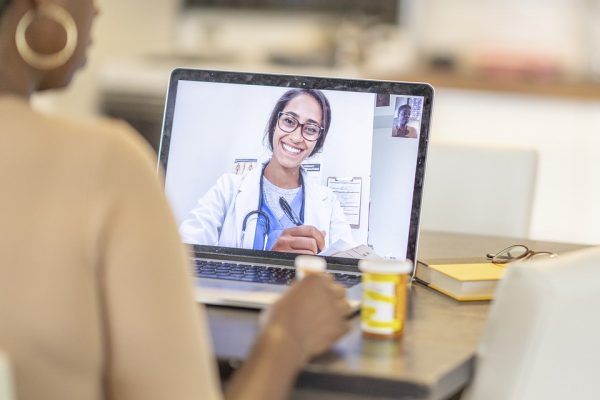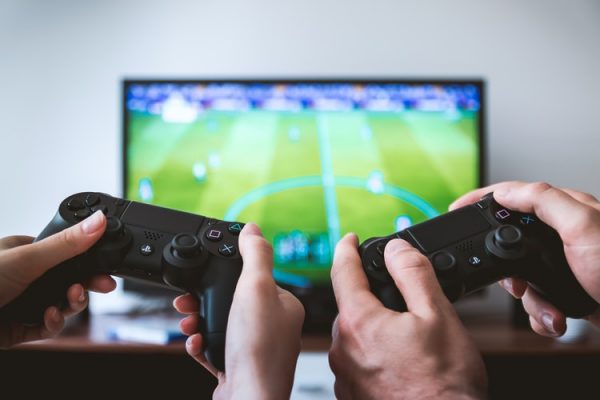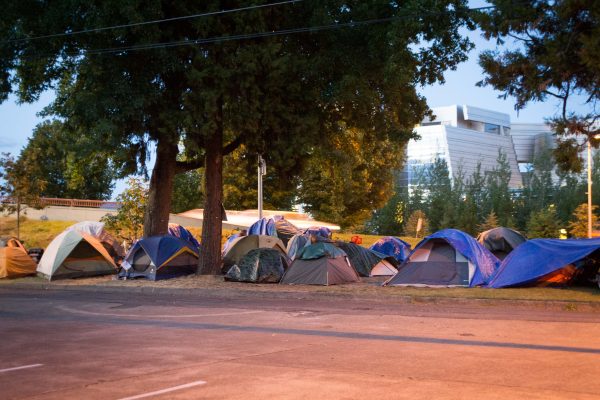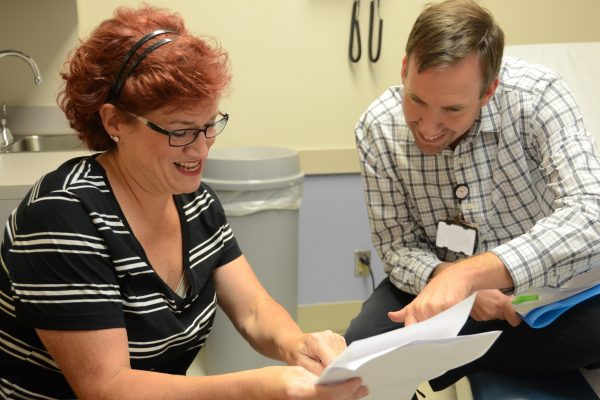Telehealth: Adapting to COVID-19 or Future of Healthcare?
The circumstances of the COVID-19 pandemic have allowed for medical professionals to use telehealth technology frequently, but is this a permanent change?

The circumstances of the COVID-19 pandemic have allowed for medical professionals to use telehealth technology frequently, but is this a permanent change?

Undocumented U.S. residents face hardship when trying to access healthcare and health resources, often due to public charge rules and language barriers.

Playing 3D video games may have a positive effect on on adults and mitigate the effects of cognitive decline.

The COVID-19 pandemic has been especially difficult to track and combat in the homeless population in America, many of whom are considered high-risk.

Public health departments are trying to prevent birth inequities incarcerated individuals often face. The LEV program in Contra Costa is one such example.

You have probably heard the following phrase used by media, organizations, and governments- “the mental health system is broken”. Many people consider it a market failure due to the fact that the need is identified too late, there is a supply-demand mismatch and a long-standing

Students are often hesitant to participate in class, and researchers in academia aren’t any different.

Complementary and alternative medicine has ancient roots. How can modern citizens benefit from it?

Many older adults are reluctant to exercise due to a number of misconceptions, but exercise could be essential for maintaining a healthy lifestyle.

Empathy is critical for building fruitful doctor-patient relationships. How are medical schools preparing future doctors’ interpersonal skills?